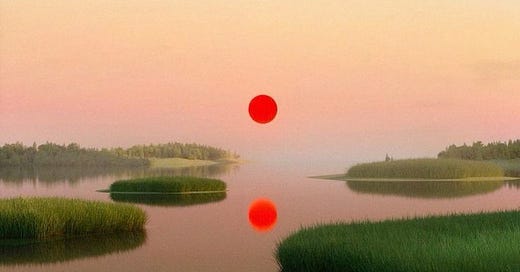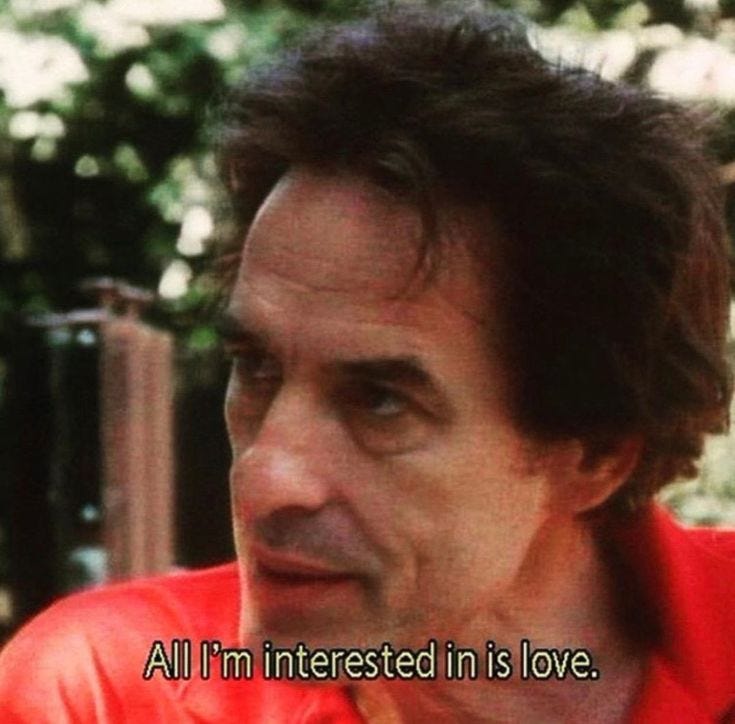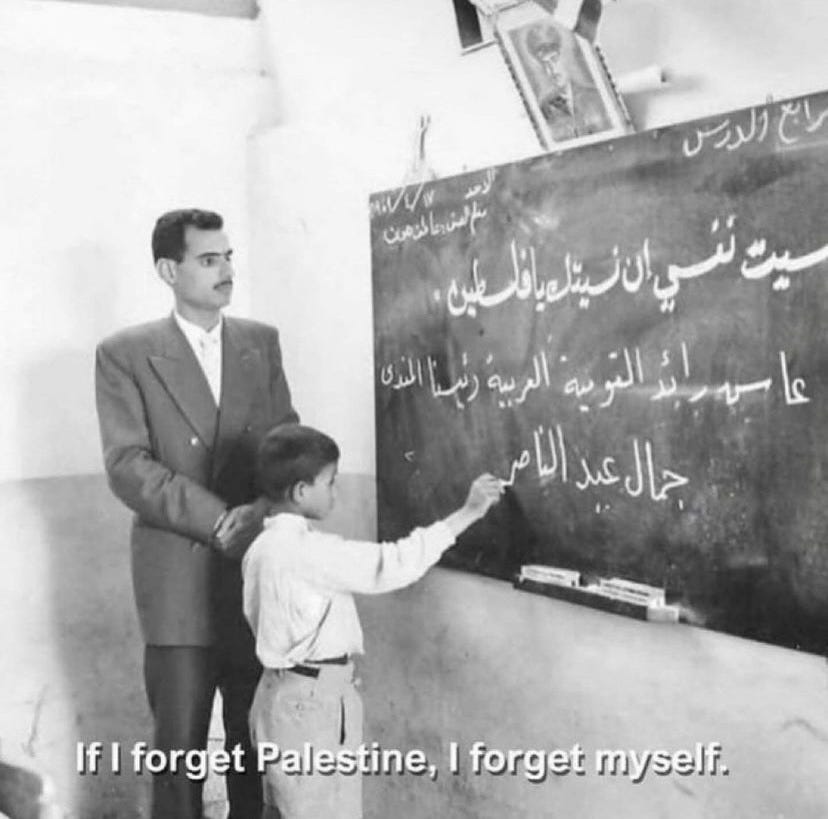Last week my Instagram account was hacked. It felt quite violating to receive emails and WhatsApp messages from the hackers asking me for money, it was scary and I felt vulnerable. I was also sad, I felt like I was mourning a part of me that I had spent so much time building. I was afraid that the community I had worked hard to create would never find me again, I felt like I had lost people and myself. The “immediate doer” that I am I shifted to another profile and was ready to rebuild from scratch. The hacked account gave me the dream job that I have now, and it gave me so much satisfaction through the years, and a couple of wonderful friendships that are still blooming.
But the loss was not only personal. It is a reality that today an Instagram following gives you leverage, and that often book agencies look at your Instagram following even to begin listening to any proposal. I was pretty destroyed and spent a lot of energy and time trying to get the account back, which eventually I did. But that’s not the point of today’s reflections.
Those days off social media allowed me to be more present in my daily life. I realised that I had come to a point where I felt obliged to post, as if I owed my followers something as if I owed the community content continuously and consistently. As if the work I have put into the world was never enough and I must remain relevant. As a writer, this is very often a fear, especially if your writing lives online (or in notebooks). Sometimes, a poetic thought turned into a post idea rather than a piece of writing. In the midst of this, I sought solace in my friends, and one of them prompted me to reflect on what this all meant for me and what type of legacy I wanted to leave behind.
Writing is the language with which I express myself, every time I am sitting at my desk in the dark with a candlelit, reading and researching ways to tell the world how we can be softer, more aware, and more tender, that’s when I feel most at home. Writing is my home, it is my revolution, and it is also a way to reach people. Some wonderful humans I didn’t even know reached me during those days encouraging me to keep writing (I am deeply grateful for you!)
Away from the demanding algorithms, I realised that I wanted to slow down. I understood that going forward I want to do things at my own pace, that I- but most of all my ideas and creativity- need distance from constant production. I need to read, write in my notebook, make love, listen to podcasts. I need to live life to write about it. And so this is exactly what I am doing; figuring out ways in which I can reach this incredible community differently, how I can be there for everyone, myself included, and how to foster relationships that are deep with people who truly believe that this work has meaning.
In the week in which I was absent from writing a significant date passed by and I resisted my urge to post about it on social media. I preferred to sit with the grief myself. The 7th of October marked one year of genocide in Palestine, one year of massacres, tens of thousands of children dead, mothers mourning, and fathers still searching for their families' remains. One year of relentless bombing and millions of displaced people. It is a year that has revealed double standards of the world we live in and how deeply connected our problems are. Land grabbing, fossil fuels, capitalism, and war are all so deeply intertwined.
“The children are always ours, every single one of them, all over the globe; and I am beginning to suspect that whoever is incapable of recognizing this may be incapable of morality.” James Baldwin
More than 20,000 children have been killed in the past year in Gaza, and countless other ones in the decades of apartheid at the hands of the Israeli government. Children were also killed in the attack on the 7th of October, and no life is more valuable than another. James Baldwin said, “The children are always ours, every single one of them, all over the globe; and I am beginning to suspect that whoever is incapable of recognizing this may be incapable of morality.” This quote needs no explanation.
We are not protecting our children, from bombs and the future. The corporations that are responsible for the Hurricanes that are now destroying lives and homes are also not protecting our children.
Some have referred to this time as the poly-crisis, which feels scary. In a work meeting the other day, someone said that the overuse of the word crisis has made it a word that is overwhelming and feels incredibly heavy to sustain, thus people become disassociated from the word. Divided and distracted we are more easily blinded.
So, as contradictive as it may sound, I would like you to reconnect with Crisis and give it a new name. The English word crisis was borrowed from Latin crise, crisis, a"decisive point in the progress of a disease," also "vitally important or decisive state of things, point at which change must come, which in turn was borrowed from the Greek κρίσις which means 'distinguish, choose, decide'. A crisis is a breaking point, a moment in which directions will be changed no matter what. I invite you to replace the word with “choice”, to think of this as a moment of choosing, and see how that lands in the body.
In this year I have often grappled with my role as an artist in a moment like this, and perhaps my work right now is to take more time to communicate the depth that these times require, the slowness that the urgency requires. To dig deeper into meaning and slow down the pace a little bit more, to take time. “The times are urgent- let us slow down” as Bayo Akomolafe suggests. I hope that through this slowing down, which will take a form I don’t yet know, you will slow down with me.
I have made the annual subscription to this newsletter more accessible, and I wanted to communicate that if you want to read this newsletter but cannot afford it, you can write me on virginia.vigliar@gmail.com and ask for a yearly subscription and I will give it no questions asked. I trust that your requests will come from a place of vulnerability and not extraction. Thankyou for being here, I am deeply grateful.
Inspiration Station
This is a section of WAVES in which I share inspiring things that have touched me (or blew my mind) in the past few weeks.
This podcast 👇
This beautiful piece by Clarissa Pinkola Estes
This playlist I made for Radio Alhara 🧡
More from me!
Check out my workshops here.
Read my Roots of Sisterhood essay for Atmos
Narrative Antidotes on We Walk the Earth Podcast
Find me on Instagram








The change from “crisis” to “choice” is so powerful—in fact, it is empowering. Asking us to respond to the moment instead of being engulfed by it. Thank you for this ❤️
I am arriving in this place myself. It's scary to feel so disconnected and emotionally vulnerable because of it. It means we invite in so much energy that's not ours. It seems like many artists are making this choice, too. See: this article about how social media impacts our nervous systems: https://open.substack.com/pub/faewolfe/p/moving-at-the-pace-of-my-nervous)